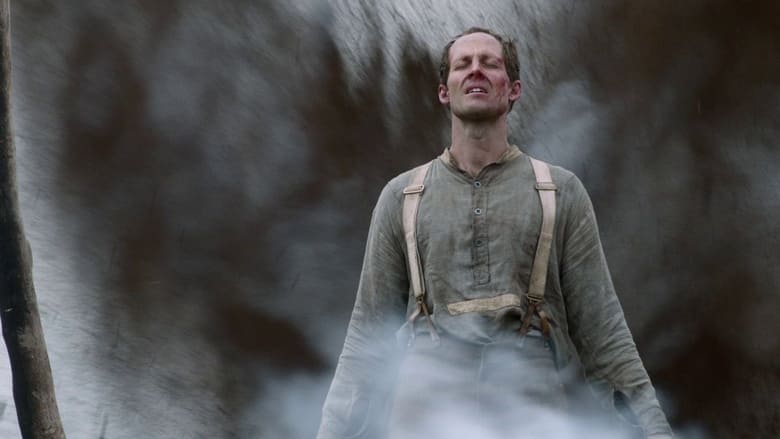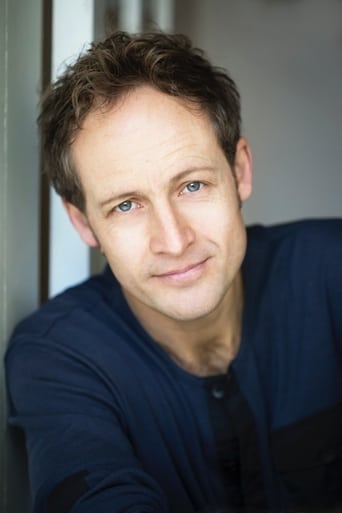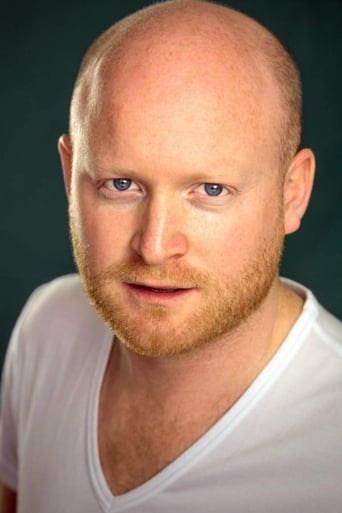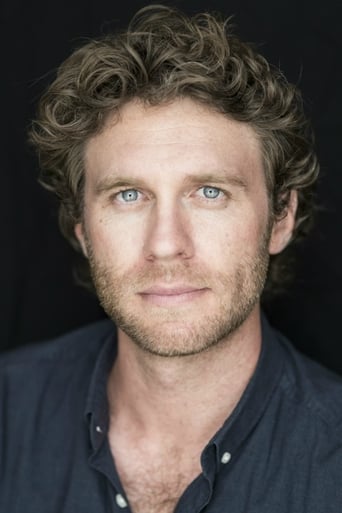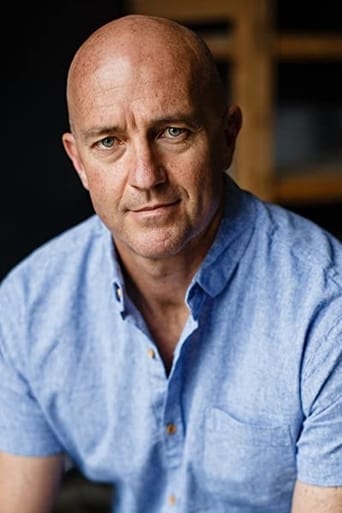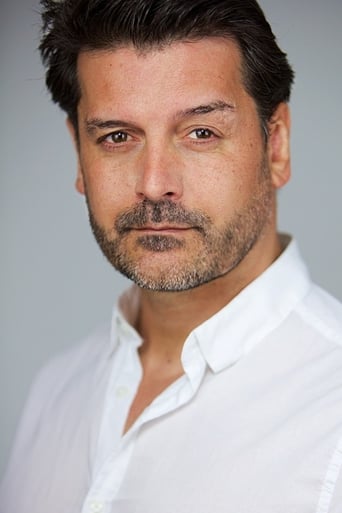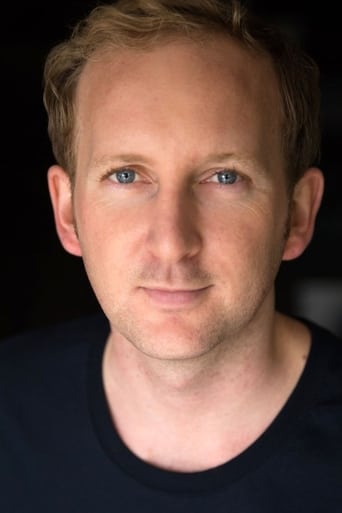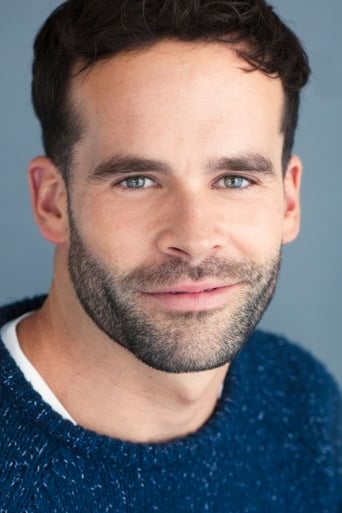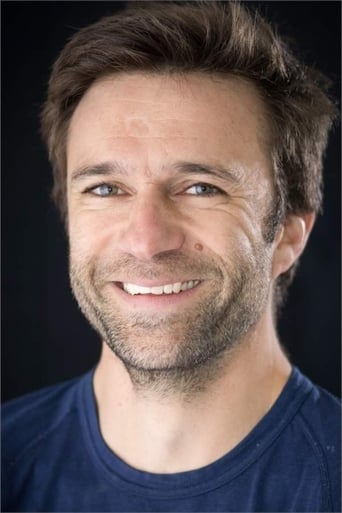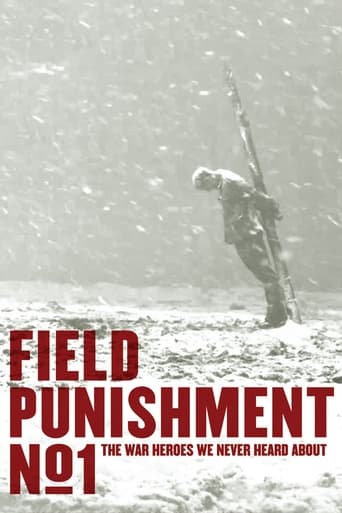
Field Punishment No.1
April. 22,2014In 1916, the New Zealand Government secretly shipped 14 of the country's most outspoken conscientious objectors to the Western Front in an attempt to convert, silence, or quite possibly kill them. This is their story.
Similar titles
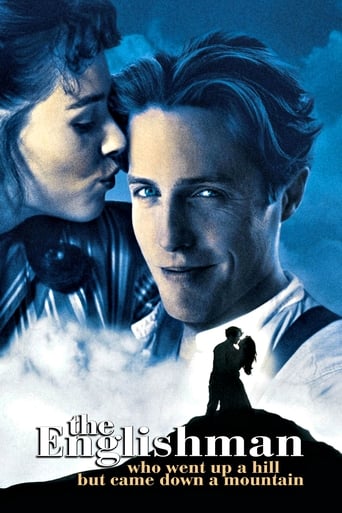

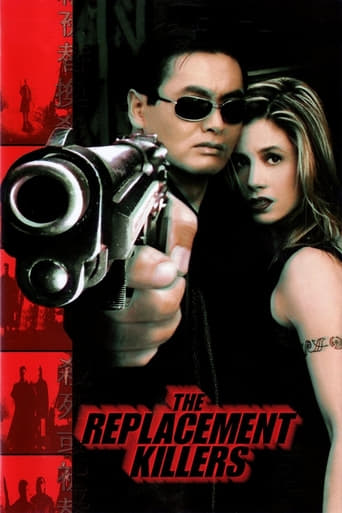
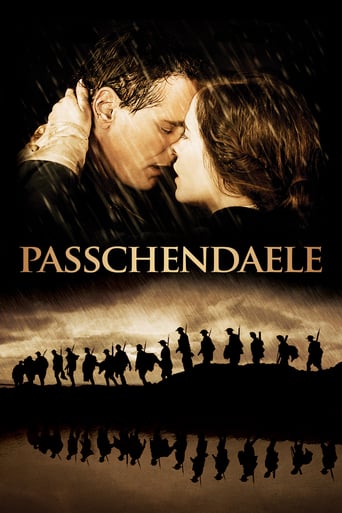
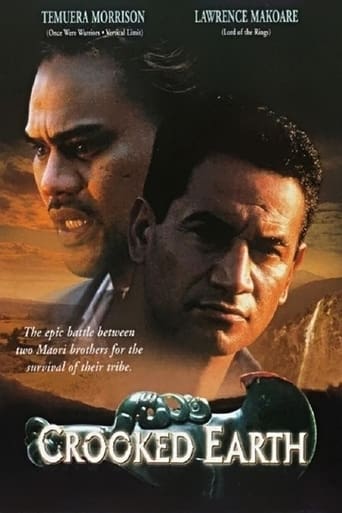
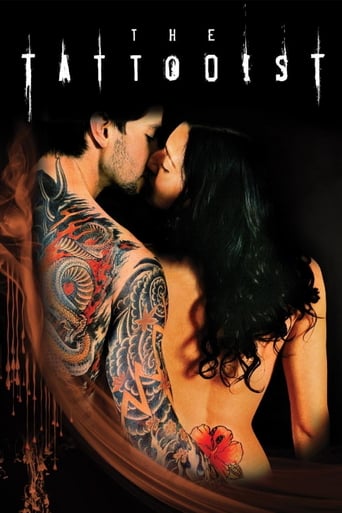
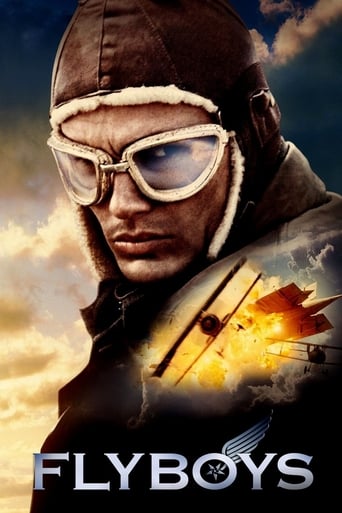
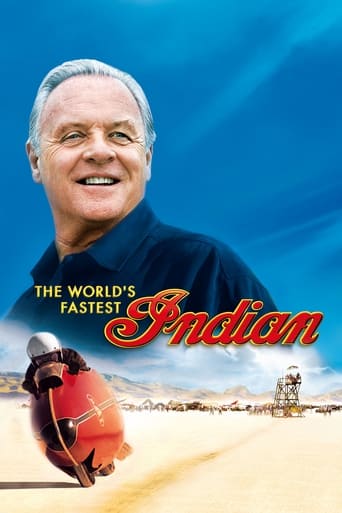
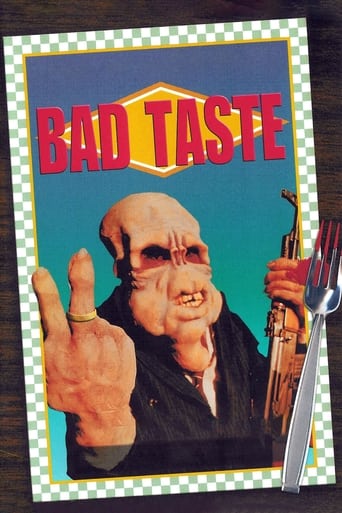
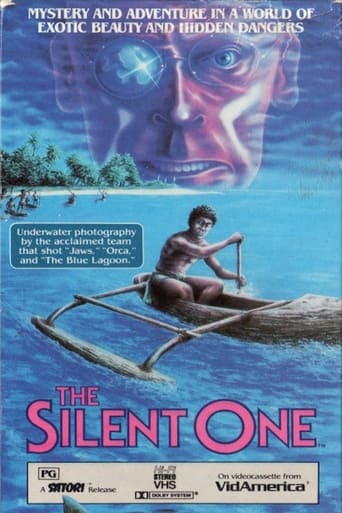
Reviews
Great Film overall
When a movie has you begging for it to end not even half way through it's pure crap. We've all seen this movie and this characters millions of times, nothing new in it. Don't waste your time.
This is a gorgeous movie made by a gorgeous spirit.
This film is so real. It treats its characters with so much care and sensitivity.
Worst movie ever. I hated it. So boring. But it brings light to important issues, so 1 Star. I'm being very generous.
This New Zealand film portrays the arrival in Europe of New Zealand conscientious objectors in 1916, men who on grounds of the principle of not wanting to promote war and a belief that pacifism could defuse world tension, refused to fight, or even put on a uniform. It is based on a book written by one of these men, Archibald Baxter, and so is perhaps not the nuanced balanced look at the subject, but a story as seen from their point of view. It starts with their arrival in Europe, having been taken from New Zealand and sent to the front against their will. They are threatened, bullied, and given that they are considered conscripted soldiers, subjected to the titular army punishment known as Field Punishment No. 1. This punishment involved being tied to an object and left there for two hours a day for 28 days. This was often accentuated by leaving the victims in stress positions, and was nicknamed crucifixion due to the practise in the early days of WW I of tying them with their arms spread. All this I hasten to add, comes from other sources than the film which leaves you to join the dots and infer what Field Punishment was. This means that as the story continues and the men are sent their different paths – either to the front line (where it was believed that exposure to warfare up close would make them pick up a gun) or to Dunkirk military prison, or to camps a short distance behind the front line, we experience what they experienced, rather than being truly informed as to what was institutionalised and what was personal grievance on behalf of the perpetrators. The experiences of Baxter himself, the trauma of which led him to end up in hospital, forms the main narrative arc of the movie, although we also see significant portions of what happened to the other 13 who were sent to France with him.. some of whom were his brothers. As shocking as the topic is and how Baxter was treated, this is a TV movie and so some of the events have a somewhat sanitised feel, although it can be graphic in places. Additionally, it is very much one sided, and shows the people he meets to either be arrogant bullying officers who are angry at his pacifism, or other foot soldiers sympathetic to him. It does not really show the bulk of the New Zealand forces who by all accounts were amongst the hardiest and fiercest of the Allies. Crucially, context is missing – we land in the middle of the story, with these gentlemen already convicted and condemned to the front line, and we leave somewhat hurriedly with just a postscript to let us know what events followed. As compelling as the trauma they suffered was, and the injustice of being treated so inhumanely regardless of whether you agree with your position – we do not truly get a feel for who these men were – we know what they believed, but not how they reached that point or why they felt it. We are also left to fill in a few too many gaps of the secondary characters relationships, and the fuzziness of the character development weakens the impact the movie could have had. Well shot and with no complaints about the acting, the movie is a fairly straight telling of Baxters story, but struggles with its cinematic identity - Is it a polemic against the injustice of the titular punishment? A defence of conscientious objectors? Trying to be both? It really isn't very clear.. I give it a pass mark as a worthy story of being told which is efficient in its depiction – It's not bad, but truthfully I think the topic deserved better, and this is not the highlight of the 100th anniversary of WW I.
Amid all the commemorations of the centenary of World War 1, by far the finest is this New Zealand anti-war film of 14 of its most brave, courageous,and noble citizens: contentious objectors all, refusing as best they could in the face of intolerable cruelty and torture from NZ Army officers and NCOs to collude in the industrial-scale insanity of Europe's mass killing slaughter-fest. If the film seems to focus most of it's attention on pacifist objector Archibald Baxter, it's likely because he published 'We Will Not Cease The Autobiography of a Contentious Objector' in 1939: "The author made his opposition to the war and his attitude to conscription clear in the first years of the conflict, and after the passing of the Conscription Act, he was arrested without even receiving notice that he was required to serve in the Army. In company with other objectors, he was moved from jail to jail. He was transferred on board a troopship to France, and upon arrival there was officially tortured by means of the field punishment known as crucifixion. He suffered unofficial as well as official punishment, and was, on several occasions, beaten up. He was placed alone in an area which was heavily shelled and before he was through with the various attempts to make him change his mind, he was physically and mentally exhausted: prison, bad food (or no food), punishments, illness and nervous strain were at last too much for him and he collapsed, seriously ill, and had to be transferred to a hospital. He was taken (quite unnecessarily it appears) to a mental hospital, which fact was subsequently used against him by the authorities. [ ] When this book was first published, at the beginning of the Second World War, I sent a copy to Mark Briggs, who had suffered with me in France, with this inscription: 'In memory of days that we can't yet afford to forget.' " ~ Archibald Baxter, 'We Will Not Cease The Autobiography of a Conscientious Objector', 1968 edition » The film's most memorable hero is Mark Briggs, one of the courageous few socialists who opposed the mass killing of workers "by workers for the benefit of the rich", on the basis of his revolutionary internationalism. Born the son of a Yorkshire farmer, Mark's remarkable tenacity and stubbornness shines through as a paragon of how the best of us can defy the anti-human barbarity of the modern military killing machine. Given humankind's continuing division into nation states, and the ongoing military imperialism (as in 'the highest stage of capitalism') that continues to bring death and destruction to our sisters and brothers in other lands, it's little wonder that much of the global film industry is given over to celebrating men who'll kill Johnny Foreigner for a military wage. Kudos to these Kiwi film-makers for highlighting a far greater and more worthwhile flavour of bravery the courage of convictions that empowers men to refuse to kill others overseas for the blood money of their local boss class.
What a harrowing time Archibald Baxter had in our glorious New Zealand army. His treatment with the other objectors, was shameful bullying. The most poignant part of this story is the way that these courageous men were called cowards by members of the army, when in fact they were by far the bravest, strongest and most admirable men imaginable. This is a matter of fact telling of the story of Archibald Baxter, well acted and paced perfectly. The movement through time which occurs throughout the film, is effective, if a little confusing at the beginning. This would be a good reference point for secondary students, to discuss and debate a range of ideas such as compulsory conscription, the cost of war in financial and human terms, and the ugliness of war.
Top Streaming Movies











